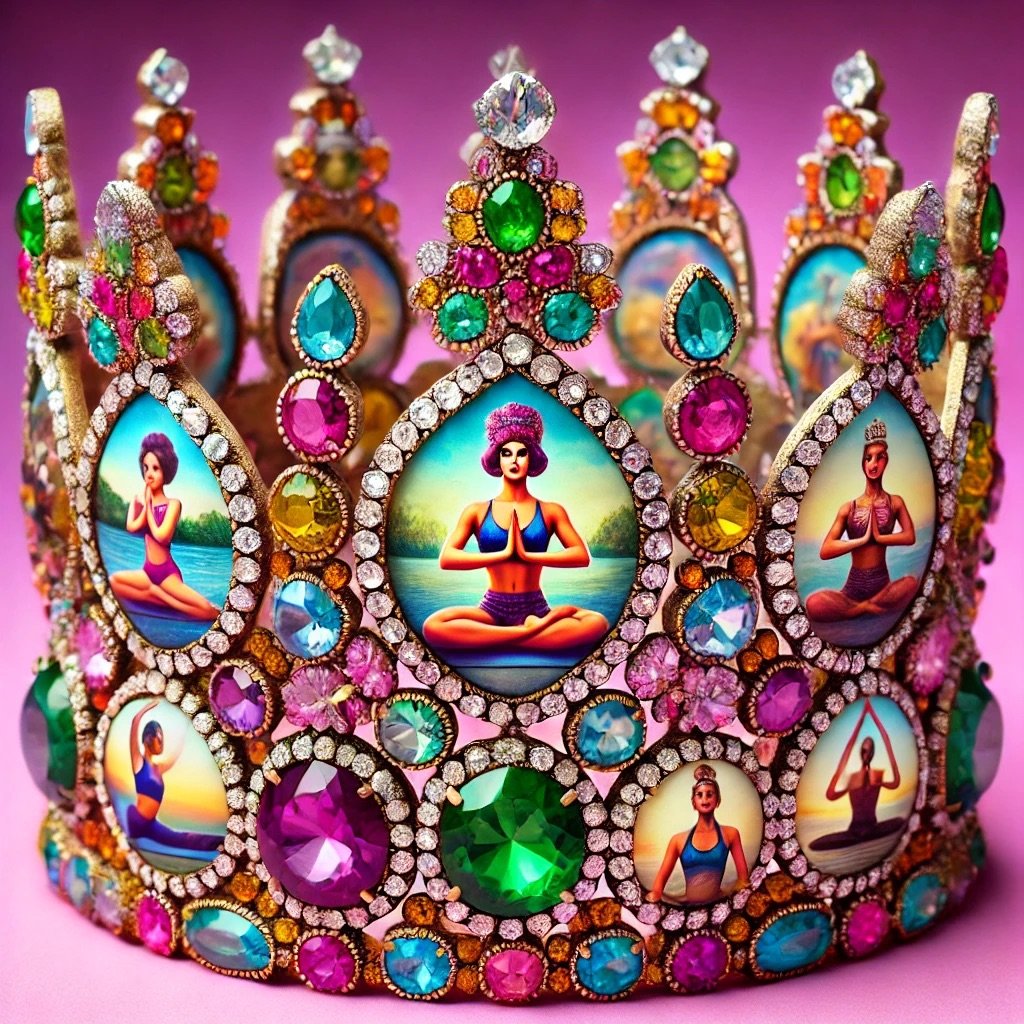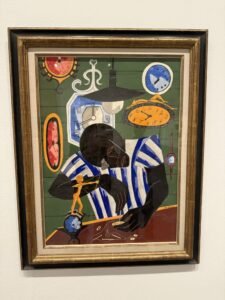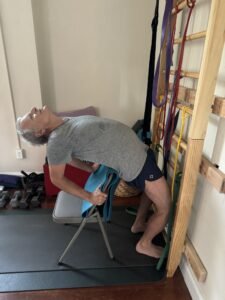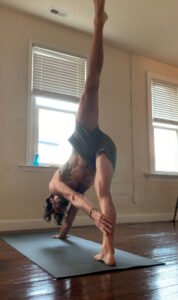The Glitter and the Grind: Drag Queens, Yogis, and the Price of Dissent
RuPaul’s Drag Race has had an incredible impact on the queer community in the United States, turning hardworking performance artists into household names with niche celebrity status. RuPaul herself stands as both a guru and a mother figure, guiding her queens with wisdom and grace. However, with this power comes inevitable scrutiny and challenges. Whether it be the revelation of RuPaul as fracker, or his initial pushback on trans contestants, Ru has had to defend himself.
This dynamic reminds me of the issues within the Ashtanga yoga system, particularly around authorization, certification, and the balance between a marketplace driven by profit and power versus being a learning organization. A learning organization can be defined as any organization that prioritizes personal and professional growth through knowledge transfer. These organizations encourage learning as part of their fundamental culture and overall vision for long-term success. It is my goal to make the yoga club a learning organization for my local community. That means accountability from me as a leader. Much like Ru, its okay to ask questions if the actions don’t seem yo align with the visions and values.
I began watching RuPaul’s Drag Race about five years into its run, during a period when my personal life was entangled with the world of drag. My ex-husband was a drag queen, and I initially struggled with this. My reaction was one of tolerance rather than genuine support, largely because his femininity felt like a reflection on my masculinity. In hindsight, I see how wrong I was to distance myself from a vital part of his identity.
Drag queens are as diverse as the flowers in a garden, each one representing a unique blend of charisma, uniquesness, nerve, and talent. Id only ever met a club queen. My experience with drag was but one type among many, and through understanding this, I grew as a person. There’s no monolith to drag; it encompasses a wide array of expressions and identities.
I must confess, I admire RuPaul. You should know that going in to this. I seriously look up to him (in heels or not). The program has evolved– it now actively platforms trans contestants. And– speaking of platforming, the show went WAY out of their way to remove a contestant who they DIDN’T want to platform (the contestant did some weird catfishing sex scam and got busted). I appreciate the attempts at having an ethical agenda baked in somehow, ya know?
But elsewhere, the show RuPaul’s Drag Race faces challenges as both a talent competition and a television program. These differing goals can lead to criticisms of “rigging,” where production choices seem to negatively impact a queen’s public image and earning potential. The judging process often feels unfair because the espoused objectives of highlighting talent and creativity sometimes clash with the real objectives of creating entertaining television.
Queens who criticize the production often find themselves less likely to be invited back for All Stars seasons or international spinoffs, both of which are crucial opportunities for older queens to showcase their talents to new audiences. Criticizing RuPaul herself can result in unofficial blacklisting, cutting off these vital opportunities. Who we platform matters, and the show knows this based on their previous glowups.
This reminds me of the fears within the Ashtanga yoga community that the most manipulative and authoritarian individuals have risen to power, both in popularity and rank. Worse yet, teachers in the Ashtanga system can lose their certification for voicing conscientious objections, effectively deplatforming them. While such actions may be acceptable in the realm of entertainment, they are wildly inappropriate and damaging in spiritual communities. It’s so much about power, isn’t it?
Who we popularize and platform matter. This deplatforming of conscientious objectors in the yoga community undermines the very principles of growth and learning that the practice is supposed to uphold. Similarly, the platforming of teachers with the personal ethics of an alleycat is preposterous and embarrassing. All of this can be mentioned, and we could spend another essay just talking about the submarket created in polarity of the popular opinion– the contrarian power grab. Perhaps, I might suggest, we’re attempting to find leadership and guidance in the wrong spots. I think reconciling myself with that makes it easy enough to wield well my own level 2 authorization. I’m just a local girl at the local bar with a dream and a song.
Whether in the sequined glamour of drag or the disciplined realm of yoga, the challenge remains the same: to balance authority with authenticity, ensuring that the pursuit of excellence does not overshadow the heart and soul of the art. Criticizing power in these contexts reveals the delicate interplay between tradition, evolution, and the integrity of the communities involved. And that, my dear, is as clear as a moonlit night in Georgia.
God speed, regional queens.







